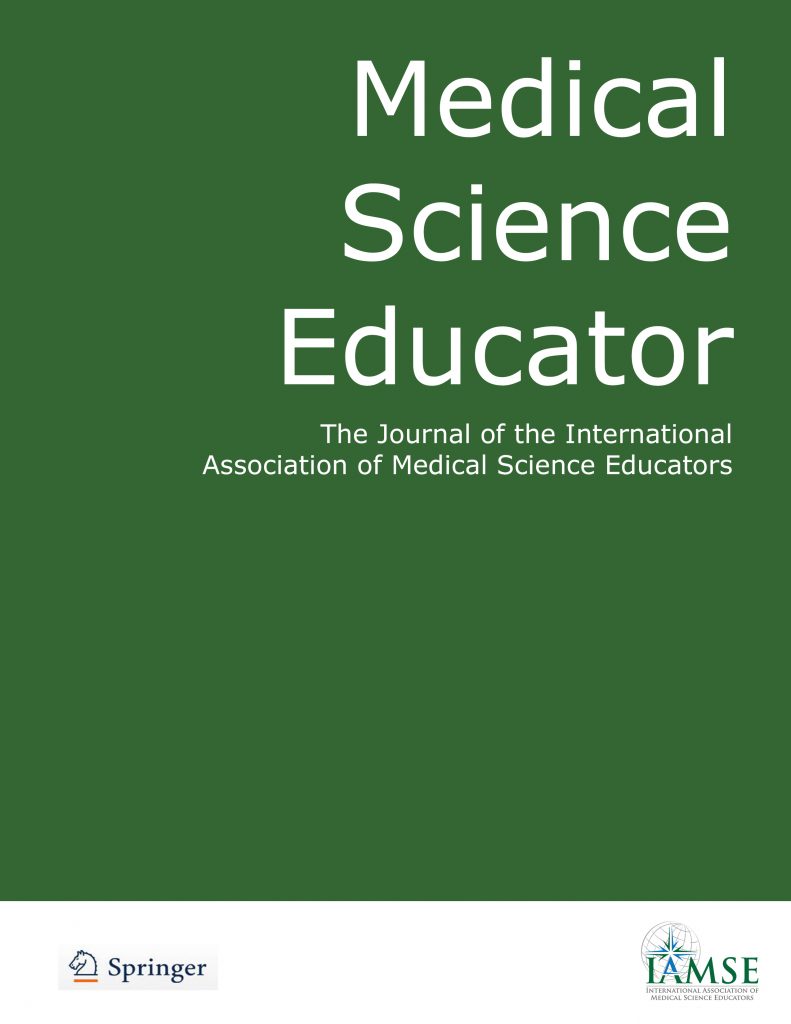
This month the IAMSE Publications Committee Review is taken from the article titled Peer-Assisted Learning (PAL): Perceptions and Wellness of First-Year Medical Students published in Medical Science Educator (10 September 2021) by Caitlin A. Williams, Therese Vidal, Piero Carletti, Ahraz Rizvi, and Caryl Ann Tolchinsky.
Medical school presents numerous challenges that contribute to stress, which has been linked to burnout, diminished well-being, and impaired academic performance among students. In response, medical schools have implemented various stress-reduction programs, which can be categorized as either reactive, addressing stress after it arises, or proactive, aiming to prevent stress before it develops. Among the proactive approaches, peer tutoring and mentoring programs have proven effective in mitigating stress and promoting student well-being.
This article explores the implementation of a peer-assisted learning (PAL) program at Nova Southeastern University’s Dr. Kiran C. Patel College of Allopathic Medicine, aimed at improving student wellness and reducing stress while increasing content mastery. The PAL session was modeled after the medical school’s problem-based learning and team-based learning curriculum with a near-peer design utilizing second-year medical students instructing first-year medical students. Key results from the anonymous surveys given to first-year medical students include that the PAL learning session reduced test anxiety, increased student confidence in their mastery of course material, and most students believed they gained a mentor from this program.
This study builds on previous research demonstrating that PAL sessions are beneficial for student learning and adds to them by diving deeper into measures of student wellness and stress reduction. This information is valuable and useful for instructors seeking to implement PAL into courses they are involved in as well as administrators aiming to implement PAL on a larger scale in their medical education programs. Further investigation into PAL programs, including their optimal format and session design, are warranted to best determine how they can promote the well-being of medical students.
Matthew McMillin, PhD
Assistant Professor
Huffington Department of Education, Innovation & Technology
Baylor College of Medicine